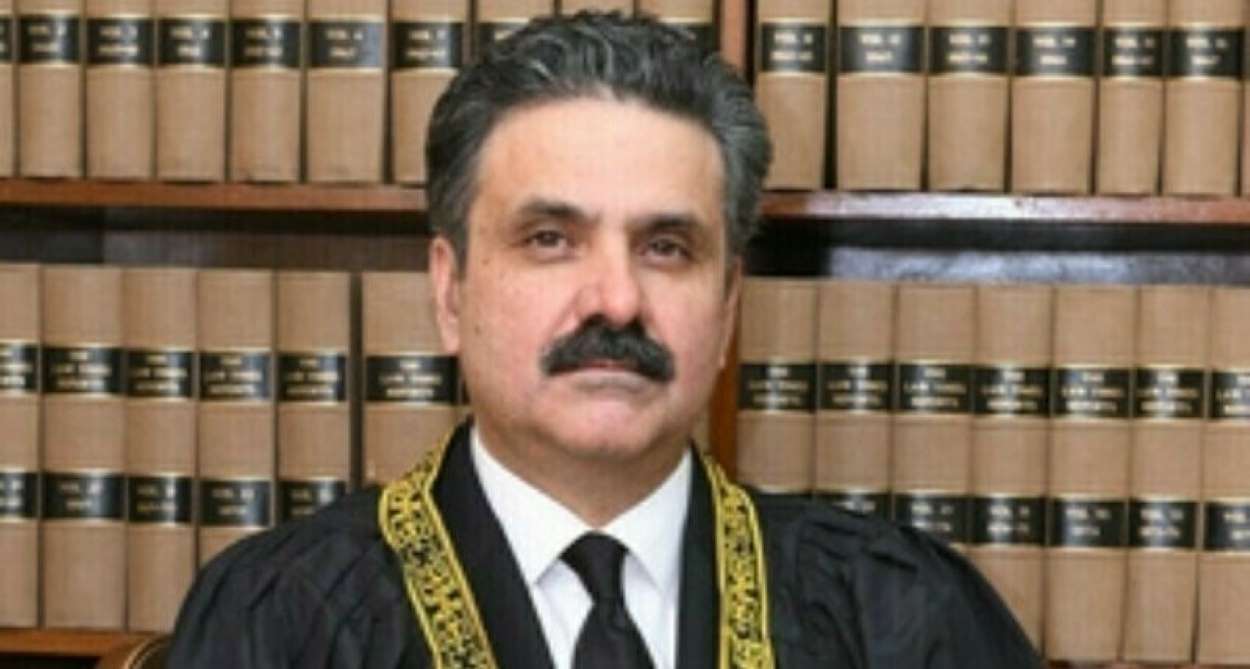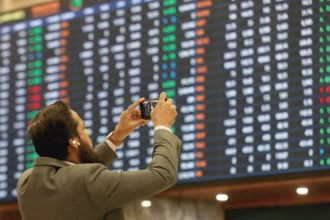Four judges from Pakistan’s Supreme Court, including the senior puisne judge Justice Syed Mansoor Ali Shah, have formally requested that the Chief Justice of Pakistan, Yahya Afridi, delay new appointments to the apex court pending the adjudication of challenges to the Constitution (26th Amendment) Act, 2024.
Judges expressed their concerns in a letter to Chief Justice Afridi, requesting a delay in the upcoming Judicial Commission of Pakistan (JCP) meeting scheduled for February 10. This meeting aims to discuss the appointment of eight new Supreme Court justices and the promotion of chief justices from high courts to the Supreme Court.
The judges advocated for a delay until the constitutional bench resolves the challenges to the 26th Constitutional Amendment, issues related to the transfer of judges to the Islamabad High Court (IHC) and questions of their seniority.
Read: Pakistan Supreme Court Takes Up Case on Electricity Fuel Surcharges
This development follows the Judicial Commission of Pakistan (JCP) decision to reschedule its meeting to a day earlier, aiming to expedite filling vacancies. However, the Lahore High Court Bar Association and other organizations have urged the Supreme Court to postpone the JCP meeting to ensure that appointments receive thorough consideration in light of the current legal challenges.
The request from the Supreme Court judges comes amid broader concerns about the judiciary’s independence, highlighted by recent actions, including the transfer of judges among high courts. These moves have stirred controversy and led to protests by various bar associations in Islamabad, which labelled the reassignments as malicious and an attack on judicial independence.
Adding to the judiciary’s challenges, five judges from the capital have raised objections to their positions on the new seniority list after recent judicial transfers. They argue that recognising their seniority should begin when they take their new oaths post-transfer. This issue has caused considerable unrest within the judicial ranks, leading to a strike by three representative bar councils of the federal capital on February 3.






